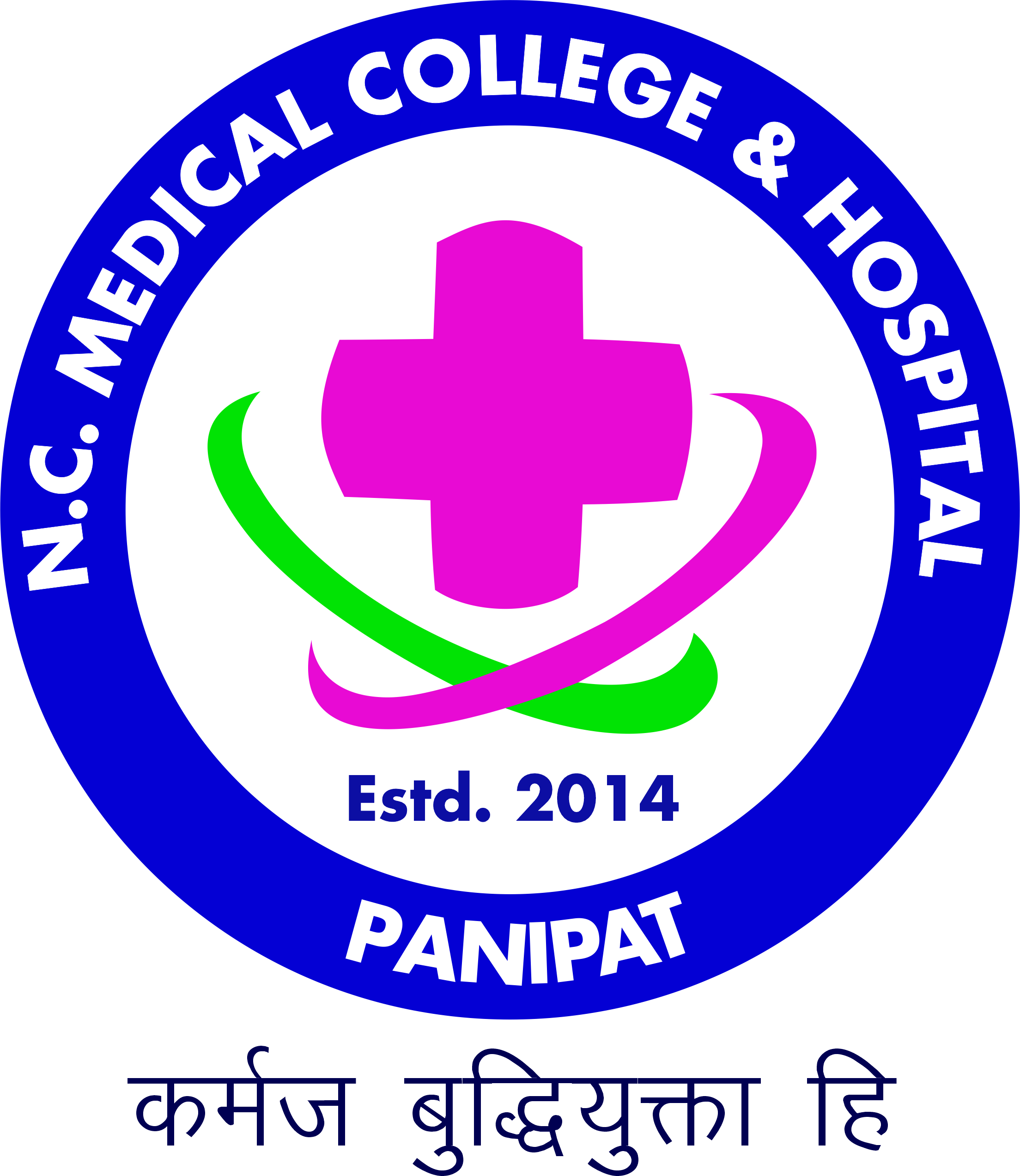Introduction to Ophthalmology
An Ophthalmology degree is a specialized medical program dedicated to the study, diagnosis, and treatment of eye-related conditions and diseases. This comprehensive guide explores the structure of the degree and highlights the key subjects integral to its curriculum.
Exploring the Ophthalmology Degree
The Otolaryngology degree, commonly known as OTO Rhino Laryngology (ORL), is a specialized medical program focusing on the diagnosis and treatment of ear, nose, and throat (ENT) disorders. This comprehensive guide delves into the structure of the degree and highlights the key subjects integral to its curriculum.
Ophthalmology Curriculum: The Ophthalmology curriculum is thoughtfully designed to prepare students for careers as ophthalmologists, emphasizing a deep understanding of eye health, visual disorders, and surgical procedures. It encompasses various subjects essential for delivering specialized eye care.
Ocular Anatomy and Physiology: Ocular Anatomy and Physiology explore the structure and function of the eye, including the cornea, retina, lens, and optic nerve, facilitating a comprehensive understanding of eye health.
Ophthalmic Diseases and Pathology: Ophthalmic Diseases and Pathology cover the diagnosis and management of various eye conditions such as glaucoma, cataracts, macular degeneration, and retinal disorders.
Refraction and Optics: Refraction and Optics delve into the science of vision correction, including the prescription of eyeglasses and contact lenses to address refractive errors like myopia and hyperopia.
Ophthalmic Surgery: Ophthalmic Surgery encompasses surgical techniques and procedures used to treat eye conditions, including cataract surgery, LASIK, and corneal transplantation.
Pediatric Ophthalmology: Pediatric Ophthalmology focuses on the eye health of children, addressing issues like amblyopia, strabismus, and congenital eye abnormalities.
Clinical Training: Clinical training is a fundamental component of the Ophthalmology degree, offering students hands-on experience through rotations in ophthalmic clinics, surgical theaters, and diagnostic laboratories. It involves assessing, diagnosing, and treating patients with various eye disorders.
Residency and Fellowship: After completing the degree, graduates typically enter an Ophthalmology residency program to further specialize. Some may choose to pursue fellowships in areas such as retina surgery, glaucoma, or oculoplastic surgery for advanced expertise.
Conclusion:
The Ophthalmology degree equips aspiring ophthalmologists with specialized knowledge and advanced clinical skills in eye healthcare. Subjects including ocular anatomy, diseases, surgery, and pediatric ophthalmology, combined with extensive clinical training, prepare graduates to provide expert eye care, from routine exams to complex surgeries.
| Degree/Diploma | Subject | Total No. of Seats |
| Degree (MS) | Ophthalmology | 02 |
- Courses
Admission Enquiry Form
- Contact us
- ncmedicalcollege.panipat@gmail.com
- Admission Helpline: 0180-2579061
- Phone: 0180-2579081, 0180-2579061
- Ext: 280,281
- Fax: 0180-2579081
- N.C. Medical College & Hospital, Panipat-Rohtak Road, VPO Israna, Panipat-132107 Haryana (India)
Brochures
View our Medical prospectus of
brochure for an easy to read guide on
all of the services offer.
